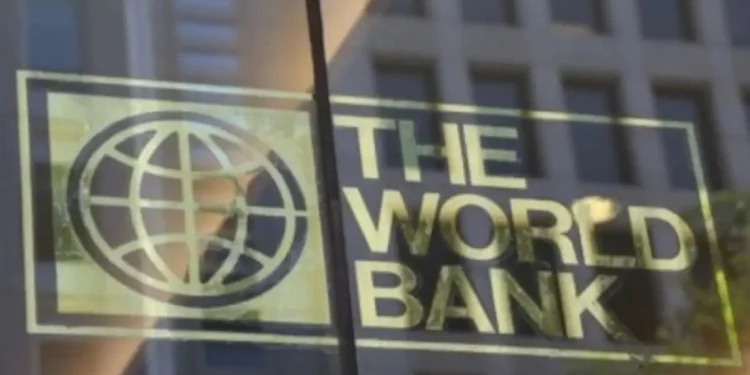Kenya’s journey to become upper-middle-income country received a boost following World Bank commitment to finance the country withUS$12 billion in the next three years.
World Bank says, over the next three fiscal years (FY24-FY26), International Development Association (IDA) and International Bank for Reconstruction and Development (IBRD) expect to provide an estimated $4.5 billion including fast-disbursing operations. Out of this amount, $3 billion is estimated from IDA and $1.5 billion from IBRD.
The International Finance Corporation (IFC) will provide roughly $1 billion in investments and the Multilateral Investment Guarantee Agency (MIGA) guarantees can amount to around $500 million.
“Subject to the World Bank Executive Directors approval of new operations, and to factors which may affect the Bank’s lending capacity, this implies a total financial package of $12 billion over the next three years,” World Bank said in a statement.
Kenya is currently accessing about $2 billion in concessional financing each year. International Development Association (IDA) and International Bank for Reconstruction and Development (IBRD) commitments now stand at $8.3 billion, with $4.4 billion available to disburse. The International Finance Corporation’s (IFC) investment portfolio is $1.2 billion.
The Multilateral Investment Guarantee Agency (MIGA) is actively engaged with $424 million in guarantees covering the energy, transport, financial, fintech, and tourism sectors.
World Bank has previously warned that factors like climate shocks pose a threat to Kenya’s upper-middle-income aspirations. The impact from climate change could not only disproportionately affect the poor, but also result in real GDP losses of up to 7 per cent from the baseline by 2050. Kenya is a relatively low emitter of greenhouse gases (GHGs) generating less than 0.1 per cent of global GHG emissions although its emissions have more than doubled since 1995.
Financing to increase Kenya’s resilience to climate change will require both domestic resources and expanding climate-compatible private investment in existing areas, such as livestock feed and tourism, and emerging sectors, such as e-mobility and green energy.
World Bank approves $390m financing for Kenya’s digital economy – Kenyan Wallstreet




